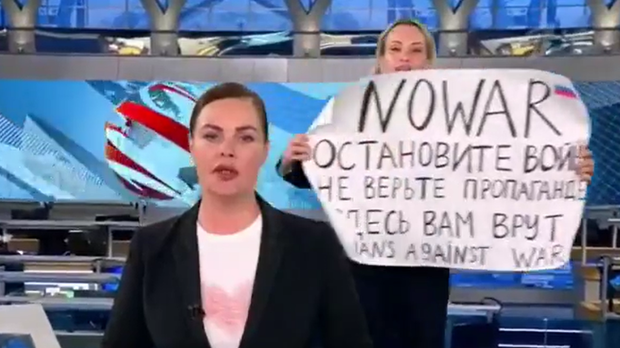
One of the most popular questions I have always been asked: Does Putin really believe conspiracy theories that his media push forward? I have written a guest essay for the @nytimes out today, but will also unpack a few ideas in the 🧵 here nytimes.com/2022/04/25/opi…
My book was about the way conspiracy theories are used by the Kremlin post-1991. Throughout the 2000s-2010s it was clear – conspiracy theories is an instrument of power, but used tactically, when the regime faces difficulties amazon.co.uk/Fortress-Russi…
For example, in 2011-2012 when the protesters went to the streets against the rigged parliamentary elections, anti-Western conspiracy theories helped the Kremlin mobilise its supporters and win the elections. They showed its mobilising potential.
Putin was losing legitimacy and popularity throughout the 2010s. Hence the level of conspiracy theories pushed offline and online was steadily growing. They gradually creeped in the rhetoric of top politicians. But conspiracy rhetoric was not yet implemented in the legislation.
The Kremlin’s course on conservative values is the first sign of conspiracy theories becoming the core of the new ideology. The Pussy Riot affair, the Dima Yakovlev law and the anti-LGBT rants were the signs of the new conspiratorial era
tandfonline.com/doi/abs/10.108…
tandfonline.com/doi/abs/10.108…
The annexation of Crimea in 2014 was an important watershed. This was the first time when the country was isolated, and the Kremlin implemented the ‘fortress Russia’ approach: to arrange the maximum of support of the population in the face of economic and political difficulties.
The global reaction to the doping scandal in the Sochi Olympics also contributed to the feeling that the whole world is against us. I have heard many times from my Russian respondents that when Russian athletes compete under the white banner it is a humiliation arranged by the US
Politics-wise,the injection of the post-Crimean propaganda was mind-blowing: it was enough to win the parliamentary elections and even help Putin to get re-elected in 2018. But the support started vanishing as soon as the unpopular reforms were announced
ridl.io/en/pension-ref…
ridl.io/en/pension-ref…
The Crimea watershed had another output: the conservative coalition in the elite started pushing forward the isolationist/conspiracy agenda. What was clearly performative in the 2000s, became the part of political calculations in the 2010s.
reuters.com/article/us-rus…
reuters.com/article/us-rus…
It seems this coalition has been responsible for promoting conspiracy theories as a pseudo-ideological framework that creeped into school/university textbooks, the Constitutional amendments as well as officer’s handbooks
https://twitter.com/christogrozev/status/1500728148996018176
In hindsight, Putin’s Valdai speech last year was the manifesto of this new ideology. The years of ranting about the West's hypocrisy and plots have crystallised in the consistent ideological framework.
themoscowtimes.com/2021/10/22/put…
themoscowtimes.com/2021/10/22/put…
From 21 February we clearly note that the words correspond to the deeds. The fears of external plots drive the Kremlin’s foreign and domestic policies. Putin has turned into the conspiracist-in-chief and conspiracy theories are legitimately the core of Russia's modern ideology.
• • •
Missing some Tweet in this thread? You can try to
force a refresh




